
By S. Arshad, New Age Islam
16 December 2020
After the debacle of the Muslims against the British government in India in 1857, Muslim collective psyche went through a period of depression. They felt themselves a defeated lot. The British cracked down on Muslim ulema and persecuted the Muslim community in every possible manner. After that, as a collective strategy, the Muslims decided to withdraw from active politics and concentrate on the educational upliftment of their community.
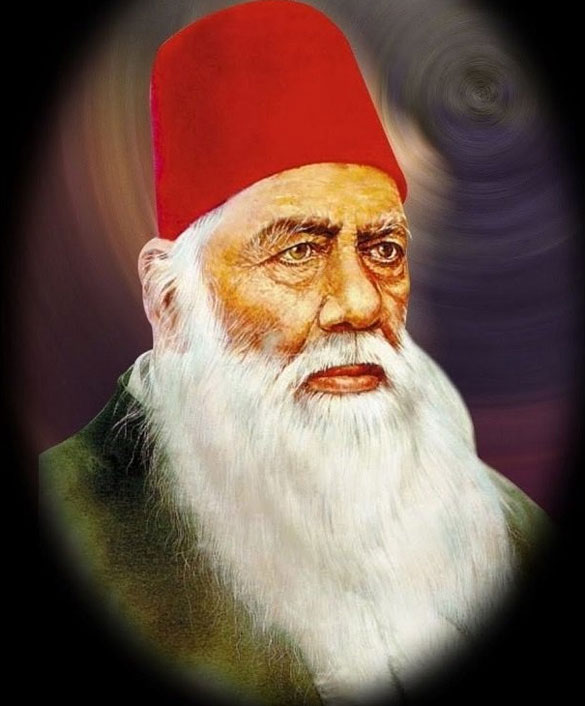
Sir Syed Ahmad Khan
-------
In this period, the man who emerged as a true reformer of Muslims was Sir Syed Ahmad Khan. He was of the view that Muslims should not antagonise the British but should acquire English education and enter the government job sector. To equip the Muslims with the modern education he established the Aligarh Muslim University. Though, initially his ideas were criticised by the religious section but in later decades, his endeavours bore fruit and the University produced many scholars, scientists, politicians and bureaucrats.
Sir Syed Ahmad Khan is regarded as the greatest Muslim educational reformer of India. He continues to inspire the Muslims of India even in the 21th century.
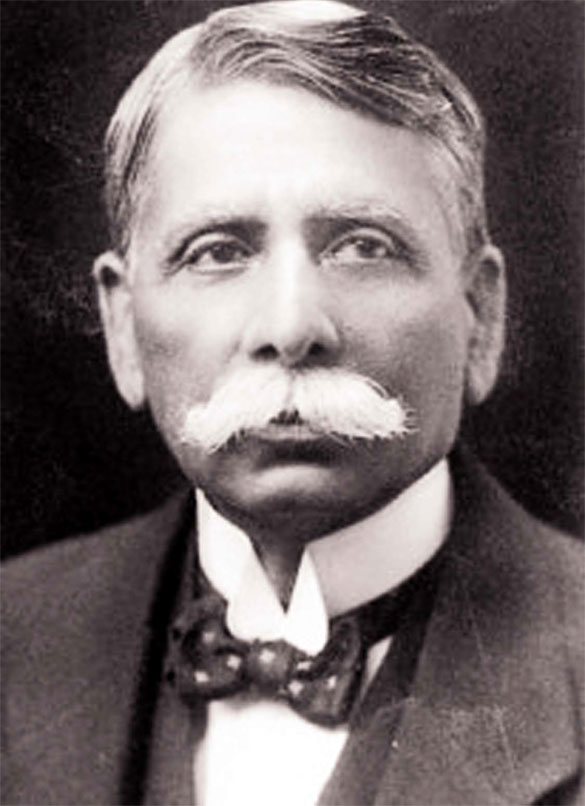
Syed Ameer Ali
-----
Syed Ameer Ali was also a social and educational reformer of India. He was born in Cuttack, Odisha in India in 1849 and died in Sussex, London in 1928. He was also of the opinion that Muslims could get back their lost glory only through progress in education. Like Sir Syed Ahmad Khan, he was also of the opinion that the Muslims will only gain from their support of the British.
After the failure of the 1857 revolt, not only Muslims but also Islam was presented in a bad light. Muslims had lost self-confidence and their religion was looked upon with suspicion. In this situation, Syed Ameer Ali who had traced back his lineage to Hadhrat Fatima r.a., the daughter of the Holy Prophet pbuh, wrote a number of books in English to salvage the image of Islam in the eyes of the global community. He tried to prove that Islam was a rational religion.
In 1873, he wrote a book titled A Critical Examination of the Life and Teachings of Mohammad.
In 1877, he founded the National Mohammedan Association to bring about political awakening among Muslims. In this regard, he was opposed to Sir Syed Ahmad Khan's idea of alienation of Muslims from politics.
In 1891, he wrote a book The Spirit of Islam to promote a correct understanding of Islam in the West.
Syed Ameer Ali was instrumental in the compilation of Muslim Personal Law of India. He was a jurist and went on to become a judge of the Calcutta High Court.
He also wrote the book titled Legal Position of Women in India. He advocated social changes in the position of Muslim women and wanted to bring about a change in outlook of Muslim men towards Muslim women. Therefore, he opposed polygamy.
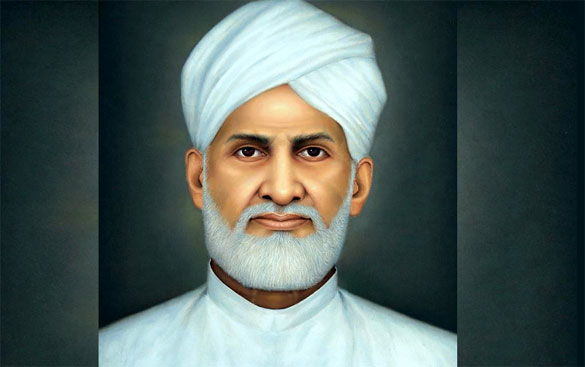
Vakkom Mohammad Abdul Qadir Maulvi
-----
During the latter half of the 19th century when many social reformers and activists had been working to bring about reforms among the Muslims of the northern India, a scholar and reformer named Vakkom Mohammad Abdul Qadir Maulvi was silently working to promote modern education among Muslims and bring about political awareness among them. He was a scholar of Malayalam, Arabic, Urdu, Persian and English. He published a Malayalam newspaper Swadeshabhimani, published journals named Muslim and Deepika. Apart from that he also published a Malayalam Arabic journal named Al Islam.
He contributed to the Islamic literature in Malayalam by translating many books from Urdu, Arabic, Persian and English. Particularly, he translated Al Ghazali's Keemya-e-Saadat in Malayalam. Vakkom Maulvi as he is popularly known is called the Father of socio-religious reforms in Kerala.
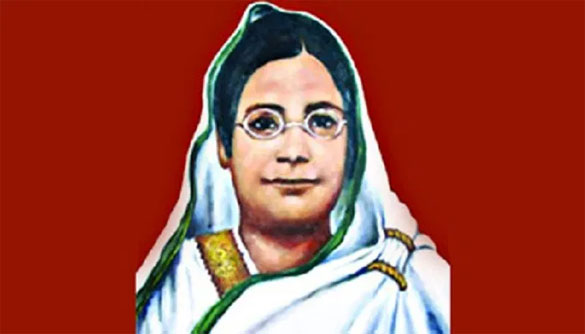
Begum Rokeya
-----
In the eastern part of India called Bengal, Begum Rokeya's contribution to the spread of women's education and their empowerment is noteworthy. She is the pioneer of women's education in India. She was concerned about the lack of freedom of women and due to this their limited role in the development of the whole Muslim community. She believed that through education only, Muslim women could break the shackles of ignorance and economic backwardness. Therefore, she established the first school for girls named Sakhawat Memorial Girls School in Calcutta in 1911. To bring girls to her school, she went door to door persuading parents to send their daughters to the school.
Apart from running the school, she was also involved in feminist activities. She founded the Muslim Women's Association and presided over its Bengal Women's Education Conference in 1926.
Begum Rokeya was an advocate of equality of men and women. She believed that purdah (veil) was the biggest obstacle in the Muslim women's social and economic development. She rued the fact that due to their educational backwardness, Muslim women were absent from jobs.
Begum Rokeya spread her message and her ideas through her writing as well. She was a story writer and a novelist. In her stories and novels, she urged the Muslim women to come out of obscurantism and male dominance. Her novel Abarodhbasini (the Confined Woman) is against purdah. Her another novel Sultana's Dream presents a Utopian world where women play a dominant role. Her struggles bore fruit and Muslim women of Bengal made strides in the field of education. A girl Fazilatunnisa was the first Muslim graduate girl from Dhaka University in 1926. She went for further education abroad against the opposition of the mullahs.
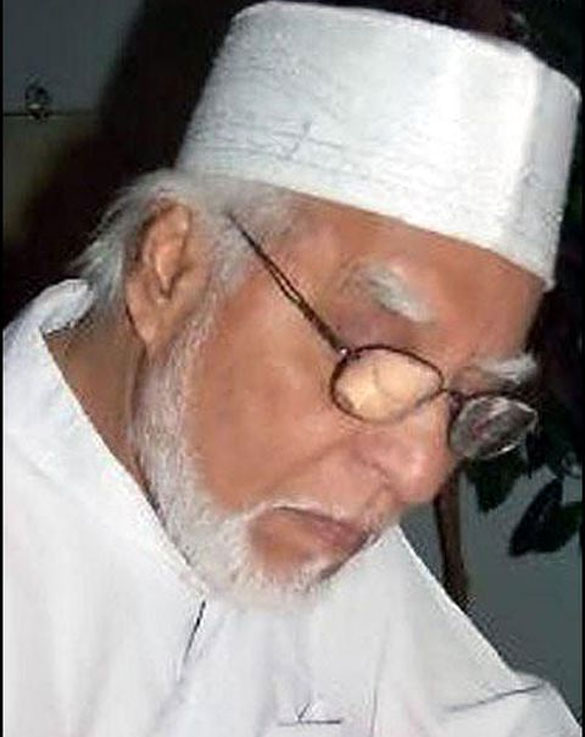
Syed Mumtaz Ali
-----
Another social and religious reformer of the late 19th century was Syed Mumtaz Ali. He was a strong advocate of women's empowerment and believed that Islam did not consider women inferior to men. He said that in the eyes of the Quran men and women were equal. The most interesting aspect of his personality was that he was not a modern educated person but was a graduate from Darul Uloom Deoband and had learnt the Quran and fiqh under Maulana Qasim Nanautawi. Still, he had revolutionary views about women which did not go down well with the clergy of his time. His ideas and views were so progressive according to his times that even Sir Syed Ahmad Khan advised him not to publish his book. But he published his book "Huquq-un-Niswan". The book was ignored by the clergy.
Some of the interesting arguments he presented in favour of equality of women before men are as follows.
In reply to the argument of ulema that women are inferior to men because the Quran prescribes two women witnesses instead of one man, Syed Mumtaz Ali argued that Quran prescribes two women not because it considers women inferior to men but because women have certain problems men don’t have, like menstruation, pregnancy etc. Therefore, two women witnesses were advised so that if one woman is not available, the other may give witness.
In reply to another argument of the ulema that Islam considers women inferior because no prophet was a woman, Syed Mumtaz Ali argues that God says that he sent down one lakh and 24 thousand prophets in the world but the names of all the prophets are not known. How can we say that no woman was a prophet when we don’t know the names of all the prophets?.
Thus, Syed Mumtaz Ali refuted all the claims of the then ulema regarding the inferiority of women with the help of verses from the Quran.
Syed Mumtaz Ali also wrote a 6 volume commentary of the Quran titled Tafsil al Bayan fi Maqasid al Quran which was appreciated by great Islamic scholars like Anwar Shah Kashmiri, Maulana Abul Kalam Azad and Syed Suleiman Nadvi.
He also brought out a women's magazine Tahzeeb-e-Niswan. His wife Mohammadi Begum was its editor.
In this regard the contribution of Mohammad Nasiruddin to the social awareness among the women of Bengal cannot be denied who published a magazine Saugat in Bengali from Calcutta in 1918. In this magazine he encouraged Muslim women to write articles and fiction on their problems and aspirations. In those days Muslim women were not encouraged to take interest in literature. Those women who wrote concealed their identity from their family and their writings were published under pseudonyms or under their husband's name. For example, Begum Rokeya's writings would be published under the name R.S. Hossain (Rokeya Sakhawat Hossain). Moreover, publishing the photographs of women contributors were a taboo. But Saugat's editor broke this tradition. He published the writings of women with their real name with their photos. This created a flutter among the mullahs. They criticised Mohammad Nasiruddin for promoting immodesty among women and for violating the norms of purdah. Later many women writers came out and wrote with their own names.
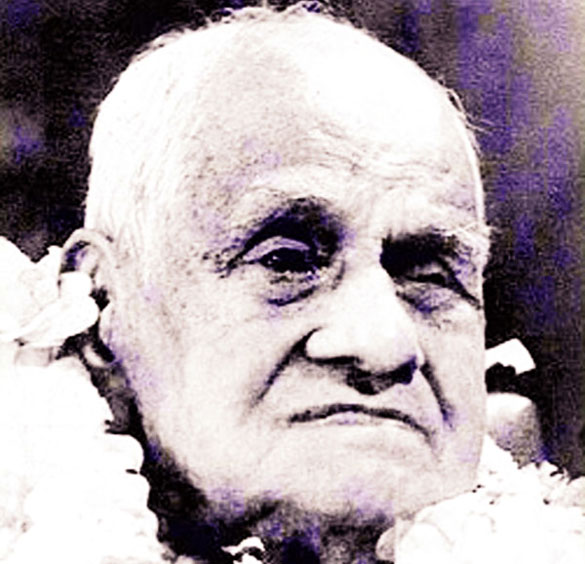
Mohammad Nasiruddin
-----
Mohammad Nasiruddin even encouraged Fazilatunnisa, the first Muslim graduate girl from Dhaka University to go abroad for further education. This enraged the mullahs and on their provocation, some Muslims one day beat Mohammad Nasiruddin in the street.
Maulana Abul Kalam Azad also contributed to the intellectual development of the Muslims of India through his journals and books. He was against religious fanaticism and promoted a liberal world outlook among the Muslims of India. It is thanks to the influence of his nationalist and secular ideology that the Muslims of India have been able to maintain the image of a liberal and secular minded Muslim community free from extremist and radical thinking.
Apart from these reformers, there may be some other activists and scholars who have contributed their bit in the reformation of the Indian Muslim society in their limited capacity. Their contribution can not be ignored as they also have made practical and theoretical efforts towards the reformation of the Indian Muslim society. The appreciation of the services and contribution of each of them will require a book.
New Age Islam, Islam Online, Islamic Website, African Muslim News, Arab World News, South Asia News, Indian Muslim News, World Muslim News, Women in Islam, Islamic Feminism, Arab Women, Women In Arab, Islamophobia in America, Muslim Women in West, Islam Women and Feminism

No comments:
Post a Comment